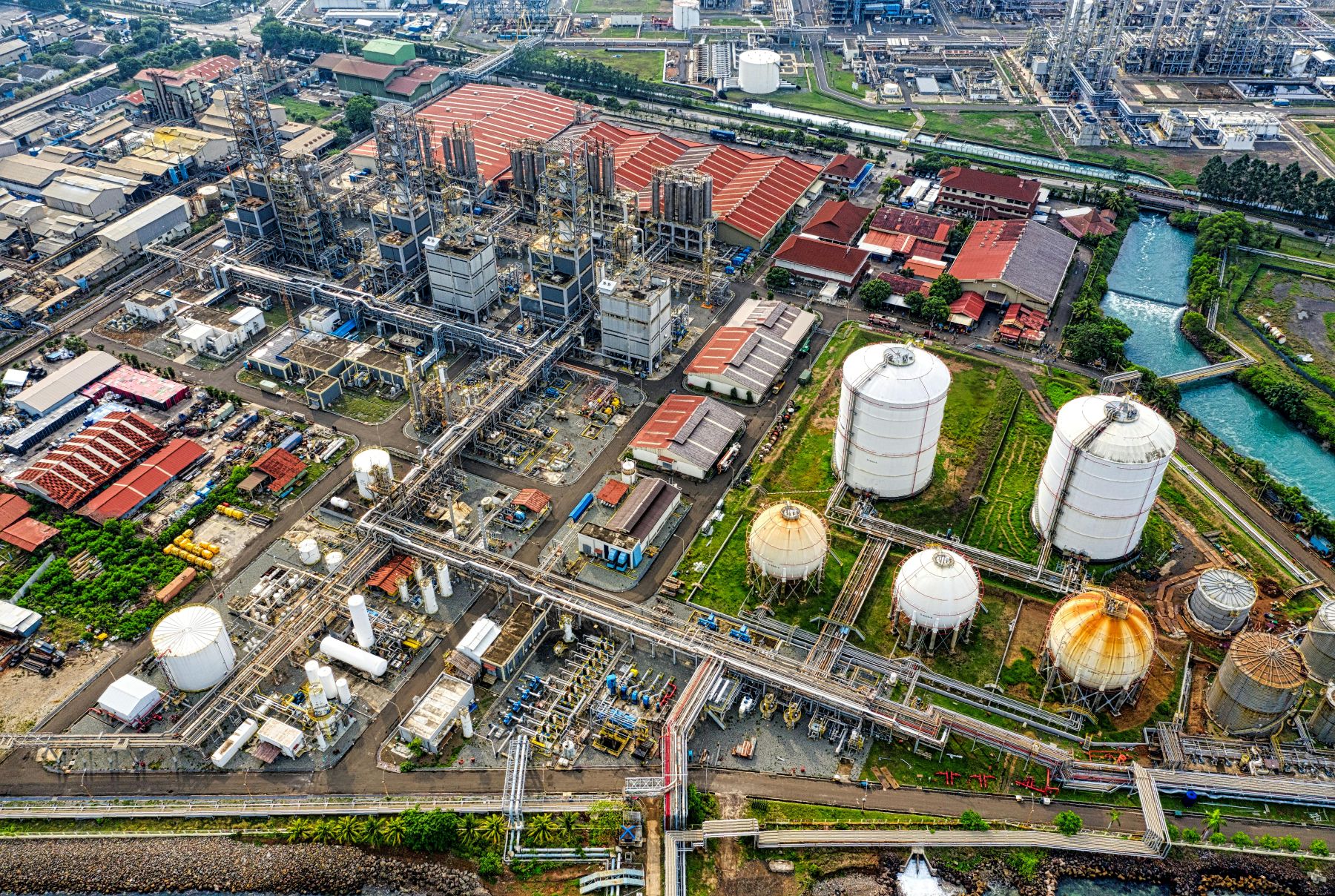The Indonesian Employers Association (Apindo) has raised concerns over rampant gangsterism in several industrial regions, warning that such activities are undermining the country’s business climate and deterring investment inflows.
Apindo Vice Chairman Sanny Iskandar revealed that this phenomenon is no longer confined to Java but is also emerging in other regions.
“When we talk about manufacturing hubs, disturbances occur in Tangerang, Bekasi, Karawang, Central Java, East Java, even in new industrial zones like Subang, which is linked to BYD. It also extends to Batam in the Riau Islands. This is very disruptive,” Sanny said in South Jakarta on Tuesday, as quoted by CNN Indonesia.
The remarks follow an incident involving alleged gangsterism by local mass organizations that disrupted the construction of Chinese automaker BYD’s production facility in Subang, West Java. Although the company reportedly resolved the issue independently, the incident has drawn government attention.
Sanny explained that security disturbances often correlate with labor market conditions. When job absorption is weak or mass layoffs occur, the potential for such disruptions tends to rise. He criticized sporadic law enforcement, noting that operations are often temporary.
“When there is an operation, everything looks tidy; when it ends, the problem returns. This limited approach is not enough,” he said.
Beyond immediate losses to operating businesses, Sanny warned that gangsterism also deters future investment.
“Losses are not just what existing businesses experience. The greater harm is in the potential investments that fail to materialize due to domestic conditions,” he said.
Apindo’s Economic Policy Analyst Ajib Hamdani described gangsterism as a driver of Indonesia’s high-cost economy.
“It affects both supply and demand. For example, you go to a minimarket and suddenly pay about USD 0.12 for parking even if you’re only buying a drink. That impacts demand,” he said. Ajib stressed that Indonesia must reduce such costs to strengthen competitiveness and transition toward a low-cost economy.
Investment Losses Could Reach Billions of USD
Two months earlier, Sanny told Tempo that gangsterism has caused investment losses worth billions of USD, due to canceled or withdrawn projects in industrial zones.
He explained that mass organization often demand involvement in factory operations or construction projects and resort to protests or blockades when refused.
“They close off industrial areas so this prevents raw materials from entering and products from being shipped out,” Sanny said.
Shinta Widjaja Kamdani, Apindo’s Chairwoman, emphasized that investment depends not only on incentives and licensing but also on legal certainty and local security.
“When informal interventions—extortion, intimidation—persist, the risk to investment increases,” she said, urging stronger law enforcement against rogue groups.
Apindo continues to push for a secure and competitive business climate, calling for closer coordination between central and regional governments and law enforcement to ensure strategic industrial projects can proceed without disruptive non-technical barriers.
Source: CNN Indonesia, Ole, Tempo
Photo Credit: Tom Fisk (pexels.com)


